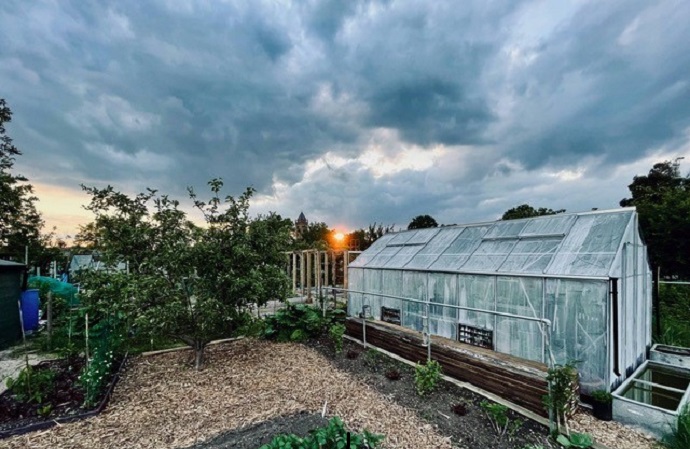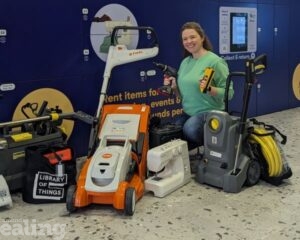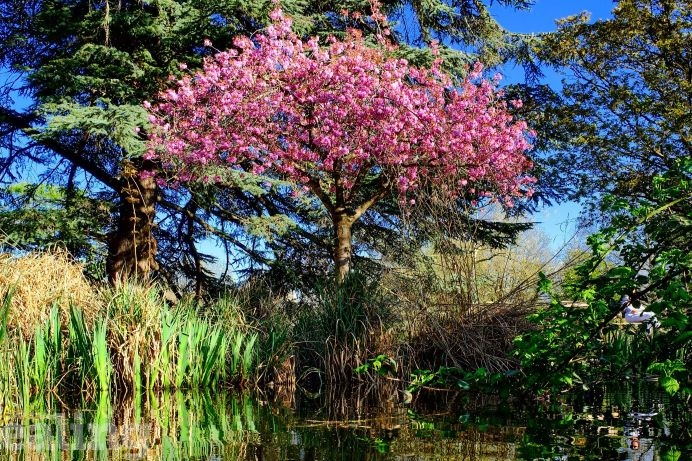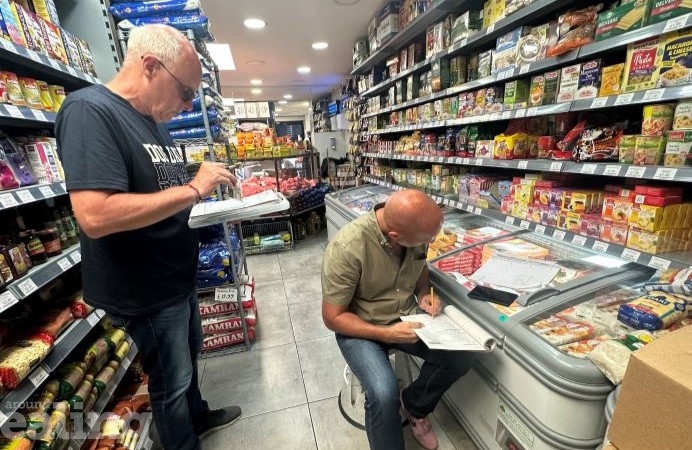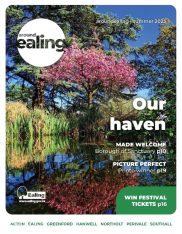The way our food is grown, sold and delivered has become more important than ever as we look to combat the climate crisis.
Intensive farming methods, alongside the production and delivery of food on global and national scales threatens our environment, biodiversity, and ecosystems. Crucially, these methods also contribute to the outpouring of harmful emissions which are so dangerous for the future of the planet.
Drastically reducing these emissions, which are produced by burning fossil fuels – known as becoming carbon neutral or achieving ‘net zero’ – Ealing is aiming for this by 2030.
The council’s climate action plan is addressing what we can do as a borough to achieve these aims. Improving how we source, grow, cook and dispose of food is an important part this strategy to reach net zero and create a better borough in the future.
The council is working in partnership with food growing communities and businesses to create further opportunities to support locally grown produce and reduce food miles.
Food miles are literally the distance the ingredients that make up the food we eat travel to get to our plates. If you eat a bowl of sliced pears that were grown in Argentina and packaged in Thailand, it is easy to imagine the distance, and the environmental cost, compared to eating a piece of fruit grown at a nearby allotment or orchard.
‘Every allotment plays a vital role’
To mark National Allotment Week (6 August 2021), Ealing News Extra spoke to Paul Carter, chair of the Ealing Allotments Partnership, which works with the council to manage the many spaces in the borough dedicated to food growing.
Paul said: “There are 45 allotment sites dotted across the borough and each one plays a vital role in growing local produce.
“Allotments are beneficial in so many ways. They can be a place to de-stress and escape or to stay active and get exercise. They act as community space to be in contact with other people – this came out starkly during the pandemic.
“If you grow ingredients directly for yourself or for your community, the food miles are nothing – compared to shopping in a supermarket or getting a delivery.
“Each allotment is not just a growing site – it’s a habitat for many different species – we are beginning to understand how our growing works in tandem with nature.
Adopting more sustainable attitudes to sourcing food is hugely important as part of our fight against climate crisis, as Paul explains: “We need to get back to a better understanding of seasonality – if you are buying strawberries in November, they have been shipped in from somewhere much further away – that has an impact of climate in the long-term.
“Growing gives you a very immediate understanding of what is available and when – it’s a different way of understanding food.
Getting more local people benefiting from the borough’s allotments is the next challenge. Paul says: “A lot of food is grown locally but we are looking to improve on getting all that surplus produce to people who can use it – the more community hubs we can develop, connected with allotments, the better.
“We work with organisations such as local Gurdwaras and the Ealing Soup Kitchen to ensure they are receiving our produce and that it’s benefiting the community.”
‘Supporting these projects wherever possible’
Councillor Deirdre Costigan, deputy leader and cabinet member for climate action said: “Climate crisis is something none of us can ignore. By uniting as a borough we can begin to make positive steps needed to tackle this enormous challenge and continue to make Ealing a better place to live for our residents.
“It’s hugely encouraging to see so many allotments across the borough growing locally sourced produce for the benefit of the community. It’s exactly what we want to see as part of our climate action strategy and we will support these local projects wherever possible.”
“Raising awareness about how food choices relate to our carbon footprint is vital as we look to encourage these changes.”
Community organisation Artification is running a plant and art market on 28 August were locally grown food produce will be available, alongside art, music and cookery events. Visit the group’s facebook page for details.
